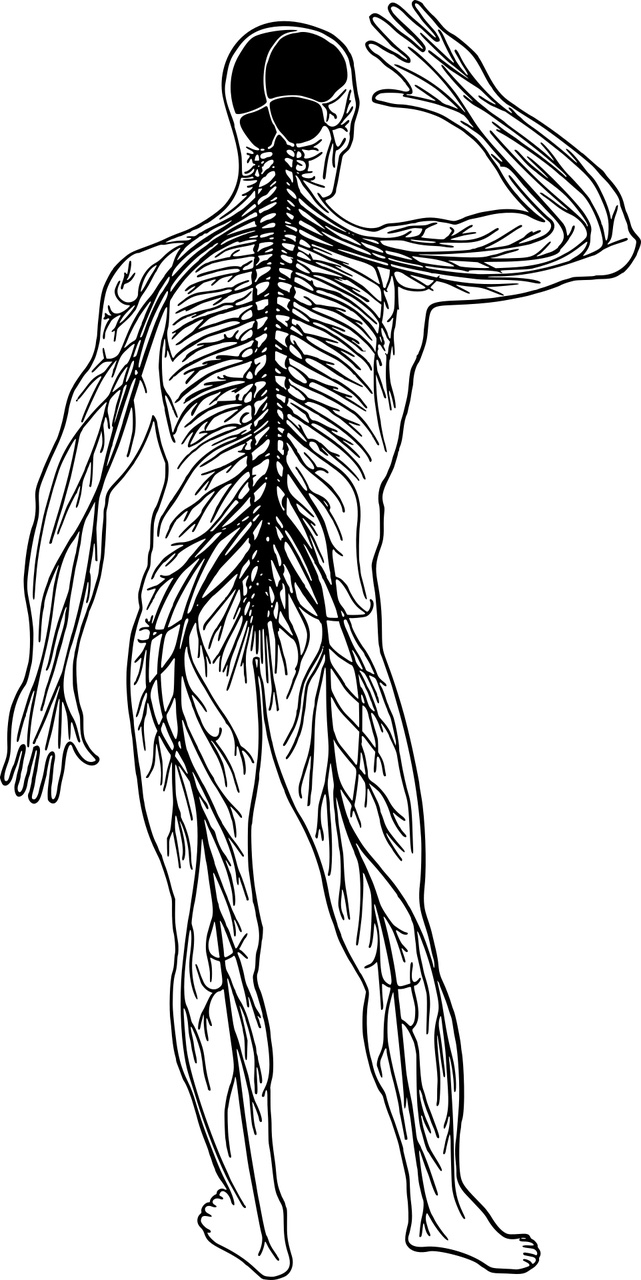Our autonomic nervous system, causes us to think, feel and behave in ways that are driven by unconscious patterns and generates automatic responses.
The autonomic nervous system’s job is to keep us safe and alive. It is made up of 3 systems:
• Sympathetic nervous system: This system activates body processes that help you in times of need, especially times of stress or danger. This system is responsible for your body’s “fight-or-flight” response.
• Parasympathetic nervous system: This part of your autonomic nervous system does the opposite of your sympathetic nervous system. It acts like a brake. It promotes the ‘rest and digest’ response that calms the body down after the danger has passed.
• Enteric nervous system: This part of your autonomic nervous system manages how your body digests food.
Ideally, a healthy autonomic nervous system will function as it’s supposed to. Our sympathetic nervous system will be activated when needed – in times of danger (or perceived danger) and as that danger subsides, our parasympathetic nervous system takes over, and we calm down and become regulated again. However, we can become ‘stuck’ especially after a trauma, and our nervous system can become dysregulated.
A dysregulated nervous system occurs when there is an imbalance between the sympathetic and parasympathetic branches of the autonomic nervous system. It can present as insomnia, migraines, anxiety, chronic pain, GI distress, high or low blood pressure, digestion problems, mental health symptoms such as depression, poor memory, addiction, exhaustion, PTSD, OCD, ADHD, and can lead to behaviours which are unhelpful to living a healthy, balanced life, such as difficult relationships, with colleagues, partners, friends or family
A dysregulated nervous system can lead to poor life choices (such as indulging in addictive substances or behaviours) due to trying to avoid the discomfort we feel from our nervous system dysregulation and ensuing mental health symptoms, and acting in ways which are short-sighted, unhealthy and destructive to ourselves and others because our thoughts and behaviours are ruled by our limbic system (the more primitive, emotional, reflexive part of the brain) rather than our prefrontal cortex (the more rational, logical, organised part of the brain).
It can lead to dysfunctional, inappropriate, or violent behaviour characterised by over-reaction (outbursts, tantrums, anger) or under-reaction (passivity, catatonia, withdrawal, shutting down) towards people, events and situations.
One of the biggest predictors of a severely dysregulated nervous system is childhood trauma. In the words of Bessel Van Der Kolk,
‘After trauma, the world is experienced with a different nervous system. The survivor’s energy now becomes focused on suppressing inner chaos, at the expense of spontaneous involvement in their lives’.
Signs You May Have A Dysregulated Nervous System:
1. You’re constantly on-edge and overwhelmed
2. You’re frequently snappy, irritable, and reactive
3. You experience chronic pain and illness
4. You’re highly sensitive to sensory stimuli
5. You experience sleep problems and daytime fatigue
6. Chronic attention and concentration problems
7. Cravings and extreme appetite changes
8. Immune and Hormonal Symptoms
9. Skin and Gut Conditions
10. You’re highly sensitive to other people’s emotional states
Healing A Dysregulated Nervous System:
• Taking a daily probiotic
• Therapy
• Good nutrition
• Exercise
• Meditation
• Yoga
• Breathwork
Andrea x

